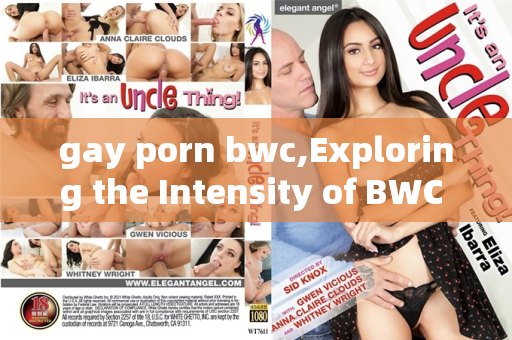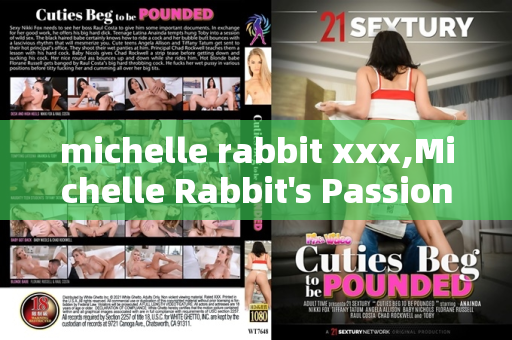
In the age of social media and digital content creation, platforms like Fansly have emerged as popular spaces for creators to share their work, connect with fans, and monetize their content. However, with the rise of such platforms comes the darker side of digital sharing—namely, leaks. Fansly leaks have become a pressing issue, igniting conversations about privacy, content ownership, and the ethical implications of sharing intimate materials without consent.
Fansly, much like its counterpart OnlyFans, allows creators to offer exclusive content to subscribers for a fee. This model has empowered many artists and influencers to earn a living by showcasing their work and connecting directly with their audience. However, the platform also becomes a target for those who seek to exploit and distribute this content without permission. Fansly leaks typically refer to instances where private or exclusive content gets shared publicly, often on various websites or forums, which undermines the trust between creators and their subscribers.
The motivations behind such leaks can vary. Some individuals may leak content for the thrill of sharing something that is meant to be private, while others may do it for financial gain, hoping to attract attention or drive traffic to their own platforms. Unfortunately, these actions can have severe repercussions for the creators involved, affecting their reputation, income, and mental health. The leaked content often circulates rapidly, making it challenging for creators to regain control over their work.
Addressing the issue of Fansly leaks requires a multi-faceted approach. First and foremost, creators must be informed about the potential risks of sharing sensitive content online. This includes understanding privacy settings, watermarking images, and being cautious about the type of content they choose to share. Additionally, platforms like Fansly need to implement stronger security measures to protect creators’ content. This can involve advanced encryption methods, better monitoring of suspicious activity, and swift action against those who engage in leaks.
Furthermore, the community plays a crucial role in combating the culture of leaking content. Fans and followers should advocate for creators’ rights and respect their boundaries. Promoting a culture of consent and respect is key to fostering a healthy environment where creators feel safe to share their work. This includes discouraging the consumption of leaked content and reporting any instances of unauthorized sharing. By supporting creators and valuing their work, fans can contribute to a more ethical online space.
In conclusion, Fansly leaks illuminate the ongoing challenges creators face in an increasingly digital world. While the platform provides opportunities for creative expression and financial independence, it also exposes creators to the risk of having their content leaked and misused. The responsibility lies not only with the creators and the platform but also with the community as a whole to uphold the values of consent and respect. By working together to protect creators and their work, we can foster a safer and more supportive environment for all.









